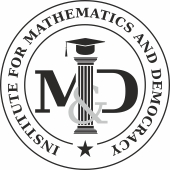Scholars and Affiliates

Nathan Alexander
Morehouse College
More
Nathan Alexander, PhD, is a member of the mathematics faculty in the Division of Mathematics and Computational Sciences at Morehouse College in Atlanta, Georgia. His research areas include mathematical and statistical modeling, as well as applications in elementary graph theory, to explore abstract questions around social in/justice. Moreover, he explores topics in teaching, learning, and identity development in postsecondary mathematics and data science.
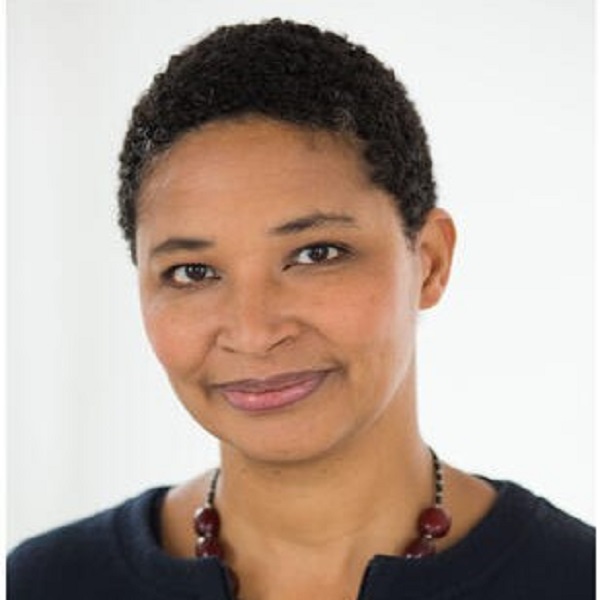
Danielle Allen
Harvard University
More
Danielle Allen is James Bryant Conant University Professor at Harvard University and Director of the Allen Lab for Democracy Renovation at Harvard Kennedy School’s Ash Center for Democratic Governance and Innovation. She is a professor of political philosophy, ethics, and public policy. She is also a seasoned nonprofit leader and democracy advocate. The Democratic Knowledge Project she founded partners with K-12 schools and educators to co-design high quality curricular materials covering fundamental civic knowledge.

Samin Aref
University of Toronto
More
Samin Aref is an assistant professor at University of Toronto (Canada). He has previously worked as a research scientist at the Max Planck Institute for Demographic Research (Germany). He holds a Ph.D. in Computer Science from The University of Auckland (New Zealand) and his areas of research and teaching are Computational Social Science, Machine Learning, Operations Research, Network Science, Engineering Economics, and Data Science.

Elvis Barakovic
University of Tuzla
More
He is actively involved in politics and was formerly the Minister of Education and Science of Tuzla Canton
and also as a member of the Tuzla Canton Assembly.
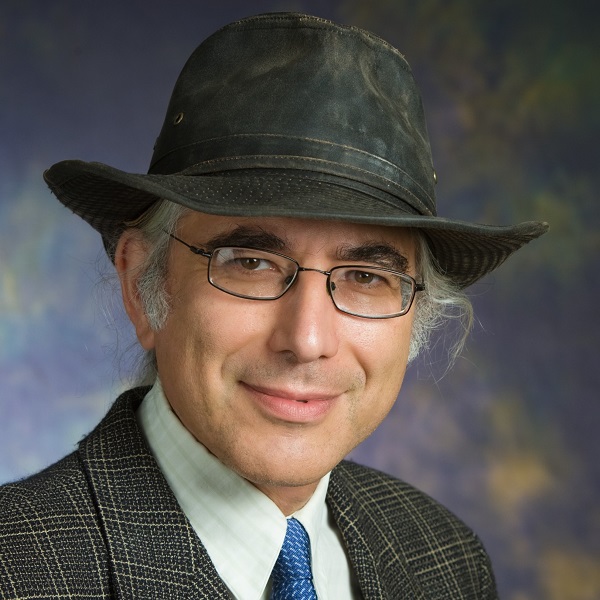
Yuliy Baryshnikov
University of Illinois Urbana-Champaign
More
Yuliy Baryshnikov graduated as an applied mathematician from Railroad Engineering Institute in Moscow, then worked till 1990 at Institute for Control Sciences, under a somewhat notorious boss. He spent the next decade in Germany, the Netherlands and France, first as Alexander von Humboldt research fellow, then as a Habilitandedstipendiat of the DFG, and, finally, as a professor at the Math department of UVSQ.
In 2001 Baryshnikov joined Bell Labs (then at Lucent Technologies), first as a member of technical staff, later as a department head. Since 2011 he is with the U of I, split evenly between the departments of Mathematics and Electrical and Computer Engineering.

Bowdoin College
More
Michael Ben-Zvi is a Visiting Assistant Professor at Bowdoin College. He first exposed to the mathematics around voting methods in graduate school and it quickly grabbed his interest. He wants to continue to teach and develop courses around the intersection between math and voting.

Ben Blum-Smith
Johns Hopkins University
NYU Center for Data Science
More
Ben Blum-Smith is a Postdoctoral Fellow in the Applied Mathematics and Statistics Department at Johns Hopkins University, Mathematician-in-Residence at the Bridge to Enter Advanced Mathematics, and a Visiting Academic at the NYU Center for Data Science (CDS). He is a founding organizer of the Math and Democracy Seminar at the NYU CDS, and created a TED talk on the relevance of mathematics to democracy as part of a 2018 TED Residency. He is always on the lookout for new ways in which the power of mathematics can serve democratic goals. He also conducts research in invariant theory and its applications to data science. Prior to his PhD training, Ben worked as a classroom teacher and teacher-educator, and he sees educational access to higher mathematics as a key democratic project as well.

Bruce Boghosian
Tufts University
More
Bruce Boghosian has been a professor of mathematics at Tufts University since 2000. His research interests include agent-based modeling and its application to social systems, especially the problem of wealth distribution and the emergence of oligarchy. His mathematical interests include applied probability theory, dynamical systems, partial differential equations, and functional analysis. Boghosian has developed two courses at Tufts University on the Mathematics of Poverty and Inequality.
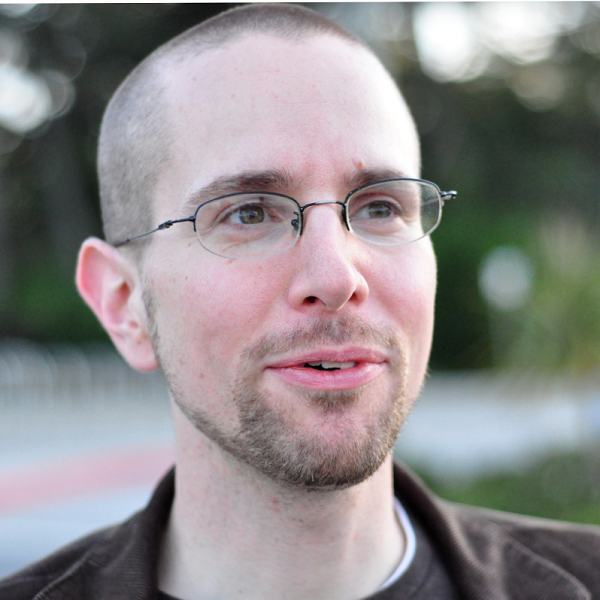
Dan Bouk
Colgate University
More
Dan Bouk researches the history of bureaucracies, quantification, and other modern things shrouded in cloaks of boringness. He teaches history at Colgate University and is the author of Democracy’s Data: The Hidden Stories in the US Census and How to Read Them, which the New York Times called “endearingly nerdy.” With Kevin Ackermann and danah boyd, he wrote a Primer on Powerful Numbers, which makes a series of arguments (with accompanying reading suggestions) about how and why official numbers matter.
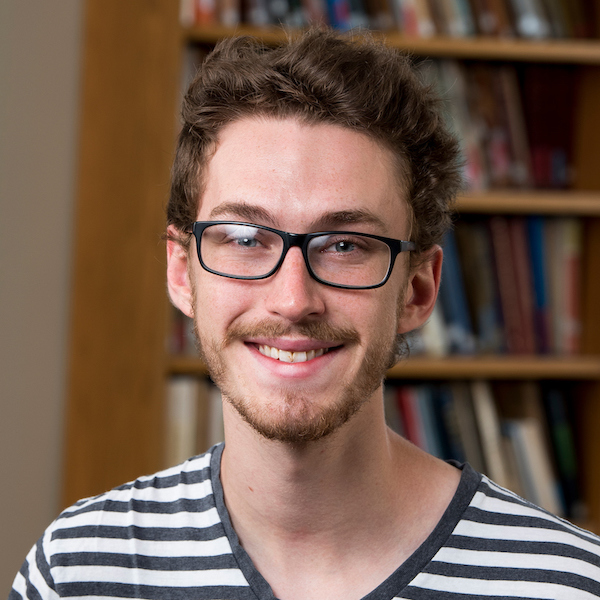
Thomas Brazelton
University of Pennsylvania
More
Thomas Brazelton is a PhD candidate and NSF Graduate Research Fellow at the University of Pennsylvania. His research is in homotopy theory and enriched enumerative geometry. He is also interested in voting theory, gerrymandering, and the mathematics of social choice.
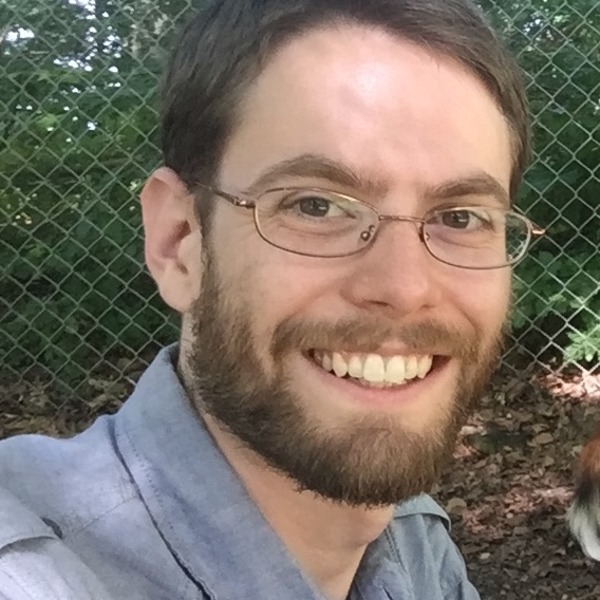
Brian Brubach
Wellesley College
More
Brian Brubach is an Assistant Professor of computer science at Wellesley College. His research focuses on algorithms and theoretical computer science with broad applications in areas such as e-commerce, fairness in automated systems, bioinformatics, and the U.S. electoral system. This work includes: developing fair algorithmic solutions to problems like redistricting, considering the downstream effects of policy changes from a mathematical perspective, and exploring the limits of what is possible for representative democracy.

Guy Cammilleri
California Ranked Choice Voting Coalition (CalRCV)
Ranked Choice Voting Resource Center
More
Guy Cammilleri is an Electoral & Voting Rights Reformer with a focus on advancing Open Nonpartisan Primaries & Ranked Choice Voting. When not working on electoral reform, he’s working on expanding access to voting via the promotion of Automatic Voter Registration, 100% Vote by Mail, Same Day Registration, Expansion of Early Voting, making Election Day a federal holiday, and Universal Voting, to name a few.
He serves on the Boards of Directors for the California Ranked Choice Voting Coalition (CalRCV) and the Ranked Choice Voting Resource Center. Additionally, he serves on the Advisory Board of Rank the Vote.
Guy is also Chairman of World Gym International, a global fitness center franchise with over 220 gyms across 15 countries and six continents. Before that, he was CEO and Managing Director of World Gym & Affiliates.
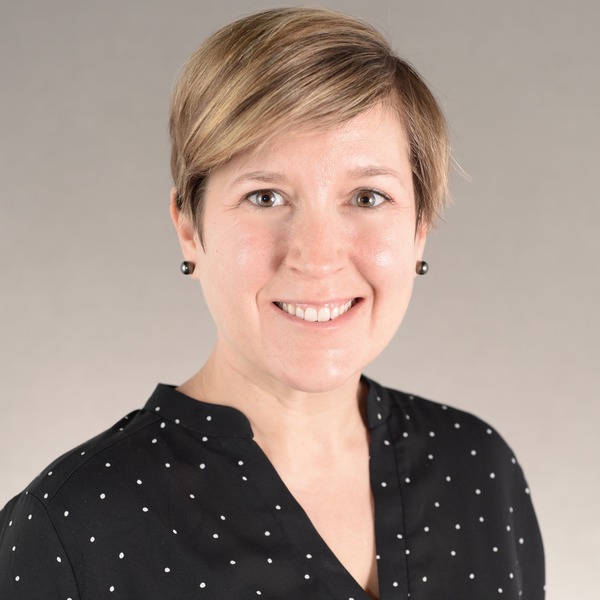
Marion Campisi
San José State University
More
Marion Campisi is a Assistant Professor in the Department of Mathematics and Statistics at San José State University and Public Voices Fellow with the OpEd Project. Her research is in low dimensional topology, knot theory and the mathematics of redistricting. She is working with state and national organizations to achieve fair redistricting following the 2020 census. She recently created a course on Math in Politics to give non-STEM majors a chance to connect meaningfully with mathematics in the real world.

Calvin Cochran
Wellesley College
More
Calvin Cochran is a lecturer of Quantitative Reasoning at Wellesley College and a recent alum of UC-Irvine’s Institute for Mathematical Behavioral Sciences. His research interests focus on game theory and the evolution of conventions.
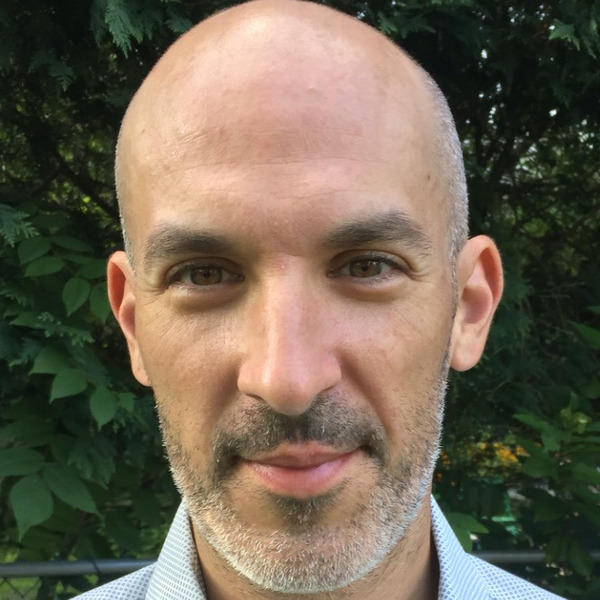
John Cullinan
University of Massachusetts Amherst
More
John Cullinan received his Ph.D. from the University of Massachusetts Amherst in 2005. His research mainly focuses on number theory and representation theory, but he has a deep interest in the mathematical theory of voting. He recently proved that there is essentially a unique way to extend the Borda Count to partially ordered preference rankings, generalizing a theorem of Young from the 1970s.
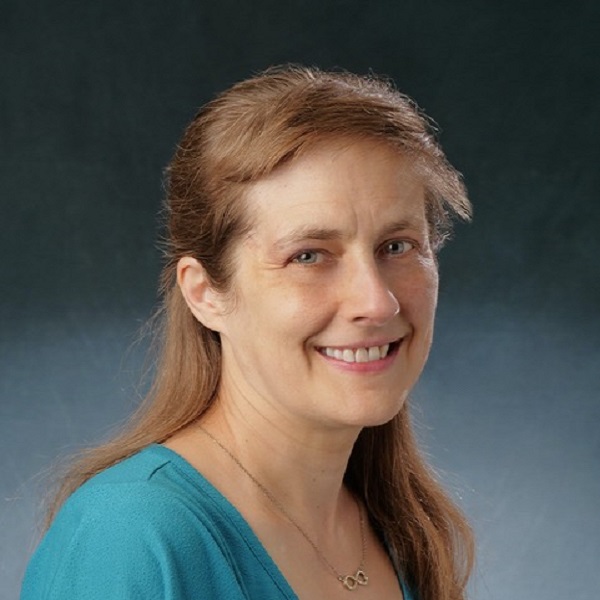
Jeanne N. Clelland
University of Colorado Boulder
More
Jeanne N. Clelland is a Professor in the Department of Mathematics at University of Colorado Boulder. She received her Ph.D. from Duke University in 1996 and completed a National Science Foundation Postdoctoral Research Fellowship at the Institute for Advanced Study prior to joining the faculty at CU-Boulder in 1998. Her research focuses on differential geometry and applications of geometry to the study of differential equations, and more recently on mathematical topics related to redistricting. Dr. Clelland is the author of the textbook From Frenet to Cartan: The Method of Moving Frames, and she is the 2018 winner of the Burton W. Jones Distinguished Teaching Award from the Rocky Mountain Section of the Mathematical Association of America.
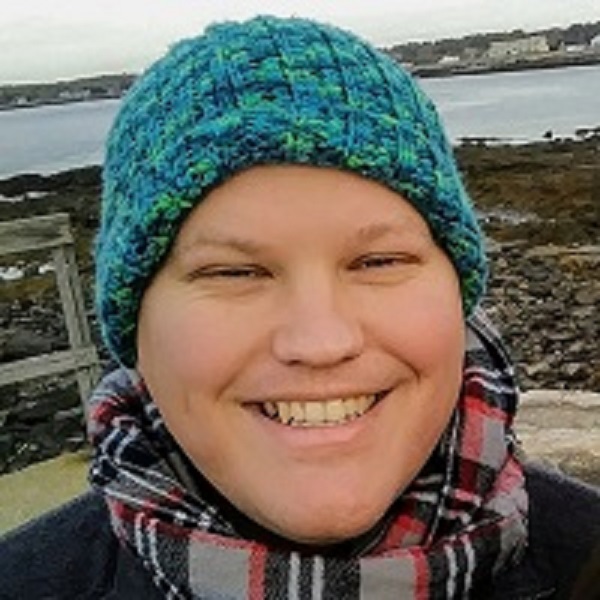
Daryl DeFord
Washington State University
More
Daryl DeFord is an assistant professor of Data Analytics in the Department of Mathematics and Statistics at Washington State University. His research focuses on applications of algebraic and combinatorial methods in the analysis of social data. Beginning with his work as a postdoc at MGGG in 2018 his research has emphasized political redistricting and he has taught courses, supervised student projects, published papers, and developed software in this area. He has also served as an expert in redistricting cases.
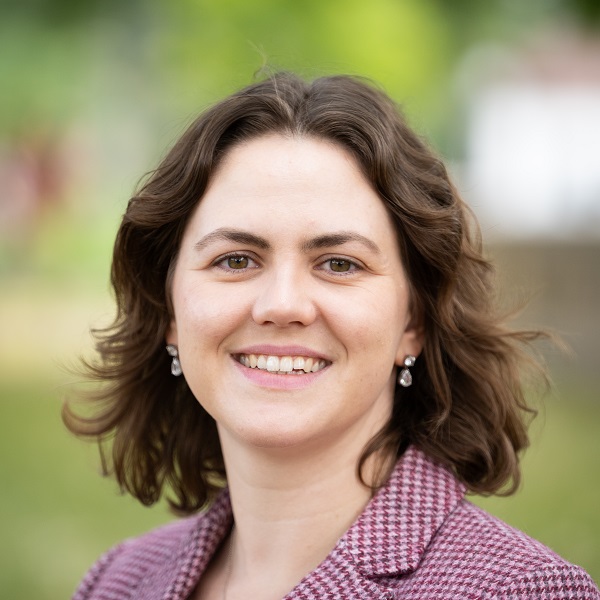
Natasa Dragovic
University of Saint Thomas
More
Natasa Dragovic received her PhD from the University of Texas at Austin in 2020. She is an assistant professor at the University of Saint Thomas. Her research focuses on the intersection of probability and dynamical systems. Her research goal is to use mathematical models of opinion dynamics to make sense of political phenomena. In her work she analyzes how political candidates optimize their positions in order to win elections.
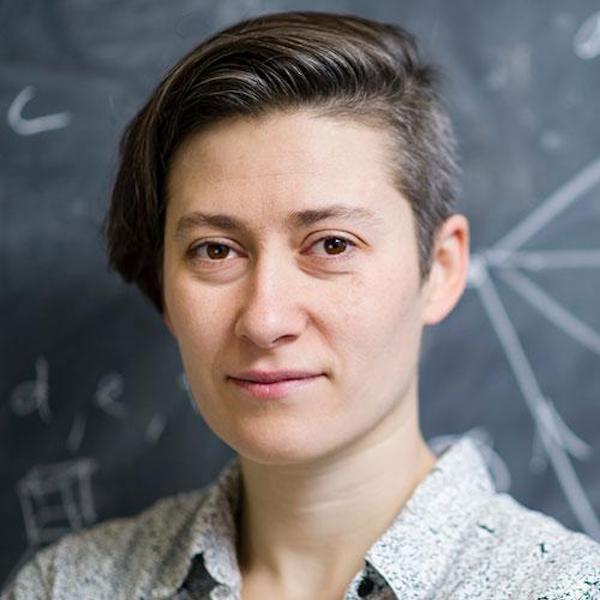
Moon Duchin
Tufts University
More
Moon Duchin is an Associate Professor of Mathematics at Tufts University and was one of the faculty who founded the interdisciplinary Science, Technology, and Society Program. Duchin’s areas of mathematical interest are in geometric group theory, low-dimensional topology, and dynamics. Her applied research program is in data science for civil rights, and the MGGG Redistricting Lab has become a leading group in the national efforts to better understand census, redistricting, and electoral systems.

Kyle Evans
Trinity College
More
Kyle Evans is a Visiting Assistant Professor at Trinity College in Hartford, CT. His teaching and research seeks to link mathematics to issues of social justice and our political systems. He created a Mathematics and Redistricting course connecting students to elected officials and authentic redistricting software and regularly teaches a general education Mathematics and Politics course to bring more meaning and context for students, many of whom are in their final formal mathematics education experience.

Oscar E. Fernandez
Wellesley College
More
Oscar E. Fernandez is an associate professor of mathematics at Wellesley College and an applied mathematician whose research interests include mathematical physics and mathematical demography. He is also the Faculty Director of Wellesley College’s Pforzheimer Learning and Teaching Center. In this role, he supports faculty to develop and maintain excellence in their teaching.
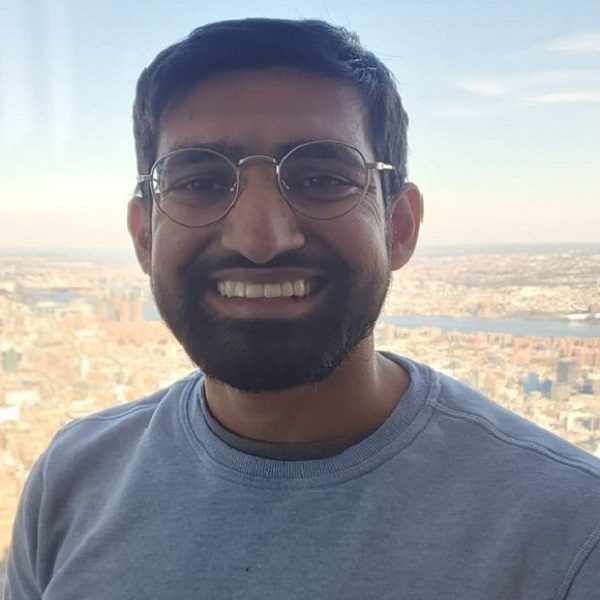
Nikhil Garg
Cornell Tech
More
Nikhil Garg is an Assistant Professor of Operations Research and Information Engineering at Cornell Tech as part of the Jacobs Technion-Cornell Institute. His research interest is the application of algorithms, data science, and mechanism design to the study of democracy, markets, and societal systems at large. His research projects include analyzing how gerrymanding would be curtailed by rank choice voting and multi-member districts, and how to measure reporting differentials in resident crowdsourcing systems (like 311). He received his PhD from Stanford University and has spent considerable time in industry — most recently, he was the Principal Data Scientist at PredictWise, which provides election analytics for political campaigns.
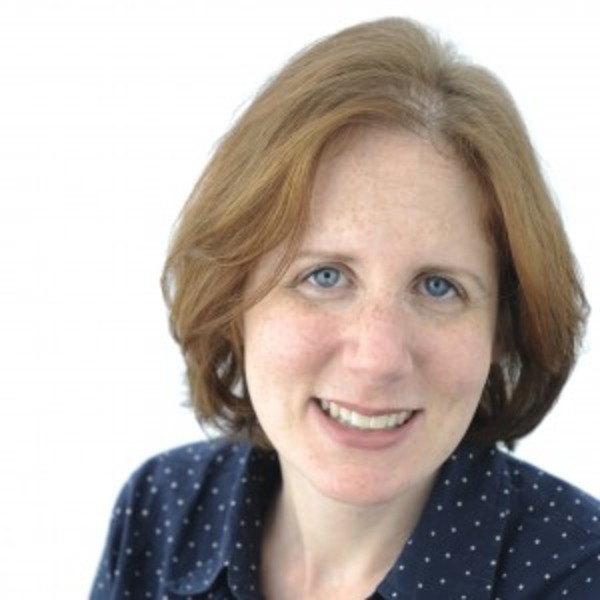
Stacie E. Goddard
Wellesley College
More
Stacie E. Goddard is professor of political science and director of the Madeleine K. Albright Institute at Wellesley College. Her research focuses on issues of international security, especially great power competition and its effects on international institutions. Her most recent book, When Right Makes Might: Rising Powers and World Order was published by Cornell Studies in Security Affairs in 2018. Other work has appeared in the New York Times, Washington Post, and Foreign Policy.
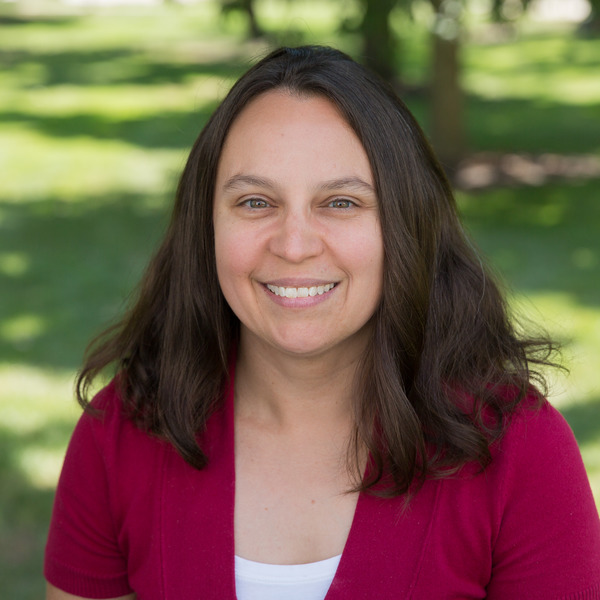
Gettysburg College
More
Beth Campbell Hetrick is an Associate Professor of Mathematics at Gettysburg College. In addition to her primary research in functional analysis and operator theory, she is interested in topics of mathematics and democracy and related social justice issues. Beth has created an engaging first-year seminar course on issues of fairness and mathematics of voting and has introduced students to district map drawing through the Draw the Lines PA initiative.
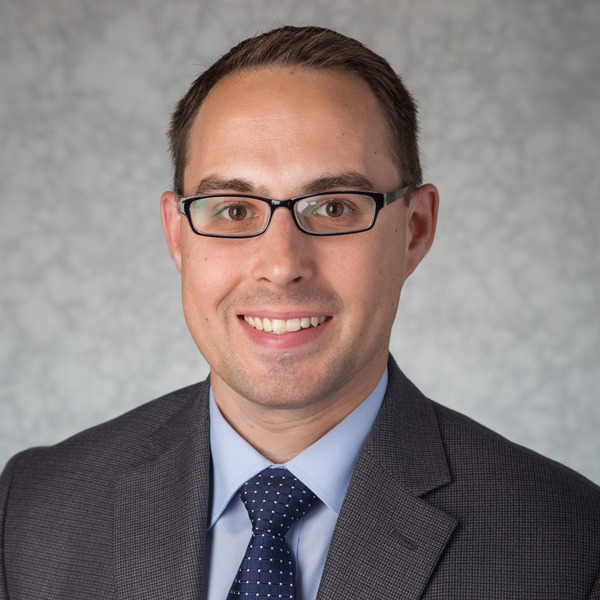
More
Jonathan Hodge is a Professor of Mathematics and Dean of the School of Natural Sciences at St. Edward’s University. He is the co-author of The Mathematics of Voting and Elections: A Hands-On Approach and has mentored 35 students in undergraduate research projects, mostly on topics related to voting and social choice theory. Dr. Hodge is the recipient of GVSU’s Distinguished Undergraduate Mentoring Award and the Mathematical Association of America’s George Pólya Award.

University of California at Berkeley
More
Wesley H. Holliday is Professor of Philosophy and a faculty member of the Group in Logic and the Methodology of Science at the University of California, Berkeley. His main research interests are in logic and social choice theory. His work with Eric Pacuit on voting theory and computational social choice led to the creation of the Stable Voting website (https://stablevoting.org) and the Preferential Voting Tools library (https://pref-voting.

Billy Jackson
North Shore Community College
More
Billy Jackson is an Associate Professor and Department Chair of Mathematics at North Shore Community College where he has taught voting theory for the past nine years and has been invited to speak on conference panels on the topic. He is passionate about making math curriculum more relevant to the present and future world and is the Coalitions Director for Rank the Vote.

Anson Kahng
University of Rochester
More
Anson Kahng is an Assistant Professor in Computer Science and Data Science at the University of Rochester. His research studies theoretical problems at the intersection of computer science and democracy, where he uses tools from computational social choice to evaluate and design group decision-making processes. Recently, he has worked on topics such as liquid democracy (transitive proxy voting), virtual democracy (automating ethical decisions via learnt models of agents), and fairness in machine learning. He received his PhD from Carnegie Mellon University.

Rick Klima
Appalachian State University
More
Rick Klima is a Professor in the Mathematical Sciences Department, Director of the First Year Seminar Program, and a faculty member in the Honors College at Appalachian State University. He earned his PhD in Applied Mathematics from North Carolina State University, and also worked previously as a Cryptologic Mathematician with the National Security Agency.
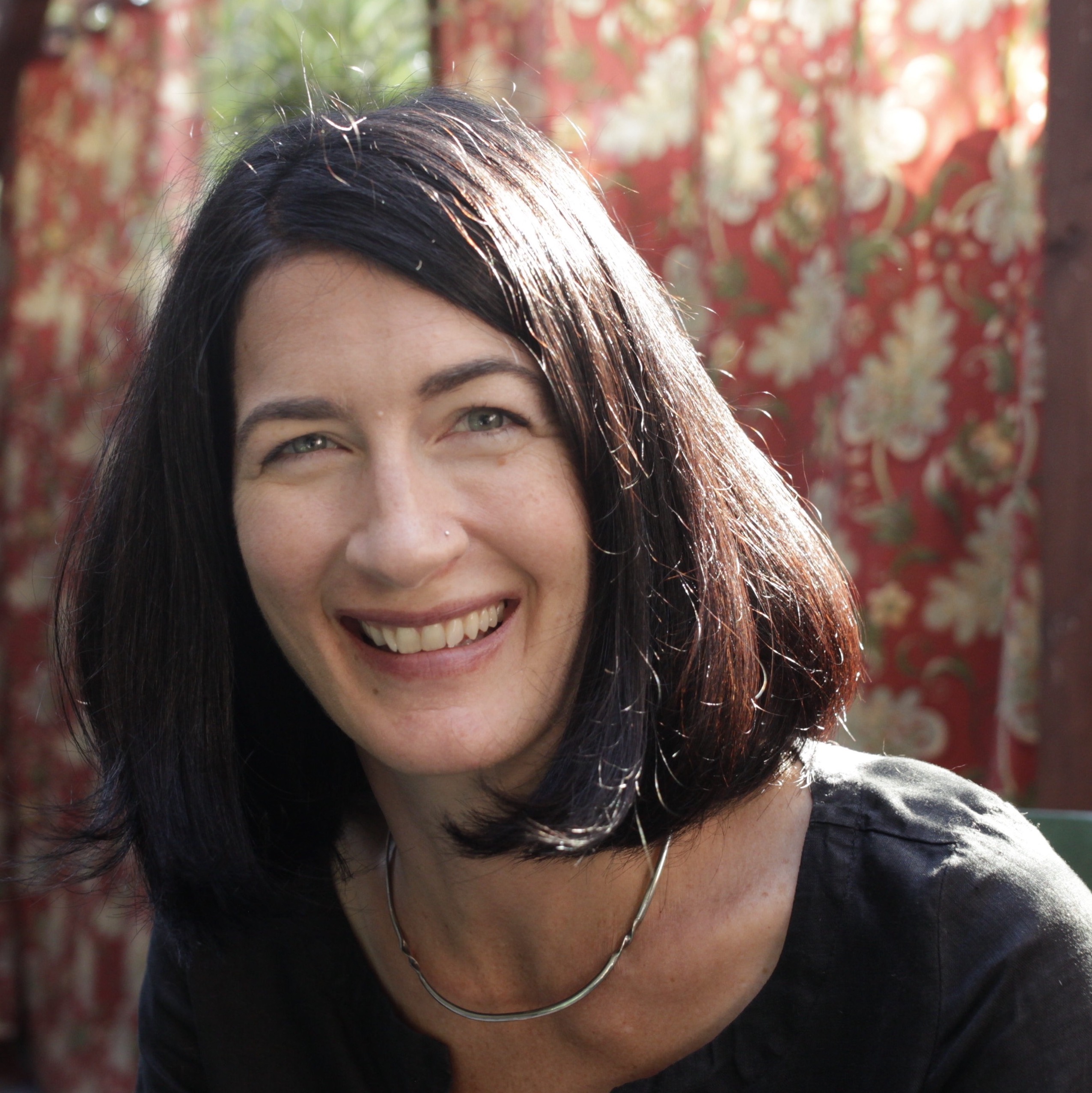
Kathryn Leonard
Occidental College
More
Kathryn Leonard is Professor and Founding Chair of the Department of Computer Science at Occidental College. She is President-Elect of the Association for Women in Mathematics and Director of the NSF-funded Center for Undergraduate Research in Mathematics, which received a 2015 Programs that Make a Difference award from the AMS. Her research interests are in geometric modeling for computer vision, computer graphics, and data science applications.

Nathan Lockwood
Executive Director of Rank the Vote
More
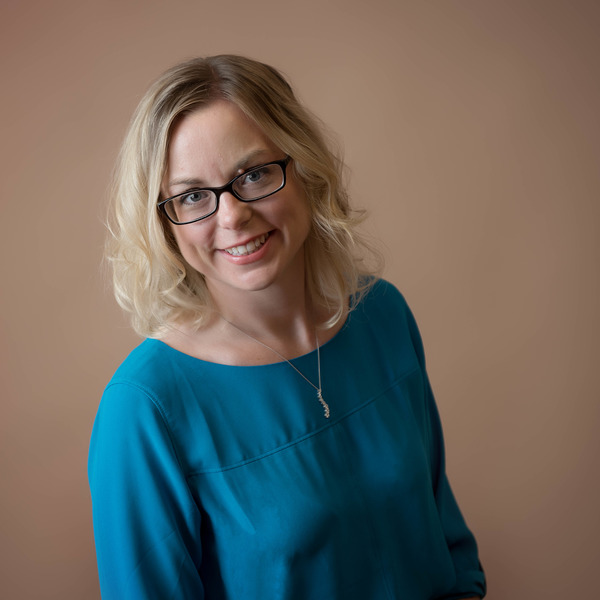
Audrey Malagon
Virginia Wesleyan University
More
Audrey Malagon is Professor of Mathematics at Virginia Wesleyan University and serves as mathematical advisor to Verified Voting, a national non-partisan, nonprofit organization whose mission is to strengthen democracy for all voters by promoting the responsible use of technology in elections. She is a member of the Election Verification Network and active in the Mathematical Association of America. She wrote a guest op-ed for the Virginian Pilot on the importance of mathematical audits in elections and has been quoted in Bloomberg Businessweek, Stateline, and Slate Future Tense.
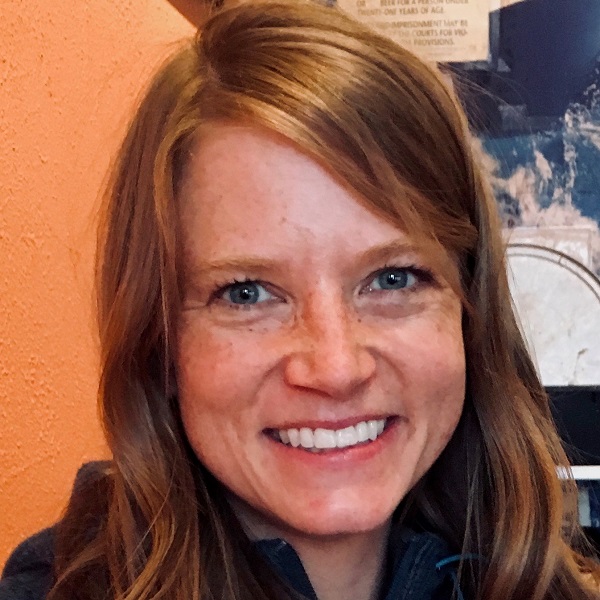
Beth Malmskog
Colorado College
More
Beth Malmskog is an Associate Professor in the Department of Mathematics and Computer Science at Colorado College. Her research is in computational number theory, algebraic geometry, and applied discrete mathematics, including mathematical approaches to understanding fairness and social choice. With a team of collaborators including many undergraduate students, Beth has been applying and developing ensemble analysis techniques in the context of Colorado redistricting since 2019. She is also involved in outreach and advocacy around fair redistricting.

Eric Maskin
Harvard University
More
Eric Maskin is the Adams University Professor and Professor of Economics and Mathematics at Harvard. He has made contributions to game theory, contract theory, social choice theory, political economy, and other areas of economics. In 2007, he was awarded the Nobel Memorial Prize in Economics (with L. Hurwicz and R. Myerson) for laying the foundations of mechanism design theory. He is an advocate of ranked choice voting. Over the years, he worked with various social and academic organizations to promote more equitable voting.

David McCune
William Jewell College
More
David McCune received his PhD in geometric group theory and semigroup theory from the University of Nebraska-Lincoln in 2011. He is currently an Associate Professor of Mathematics in the Department of Mathematics and Data Science at William Jewell College. His research interests include apportionment theory and social choice theory, with an emphasis on the computational and empirical aspects of these fields. He is passionate about making these fields accessible to non-mathematical audiences.
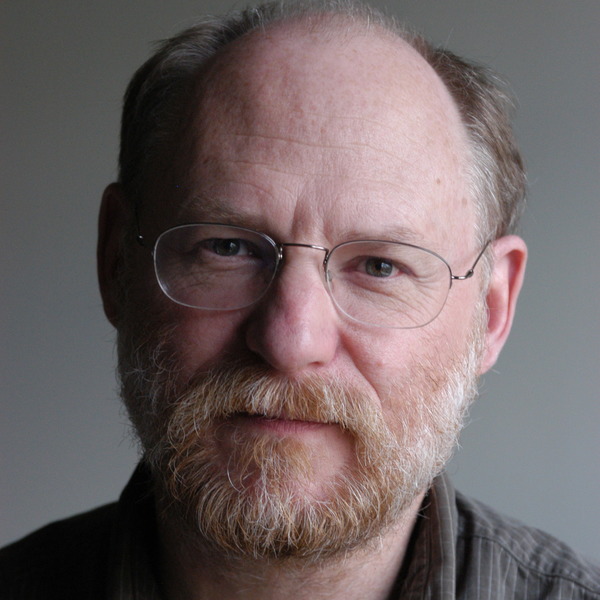
Haynes Miller
MIT
More
Haynes Miller is Professor of Mathematics at MIT. In addition to teaching (for which he was named a Margaret MacVicar Fellow in 2005) and research in algebraic topology, he has an increasing involvement with issues of human rights. For ten years he has promoted linguistic rights with the MIT-Haiti Initiative, and more recently has worked on fostering international engagements with scientists working in Palestine.
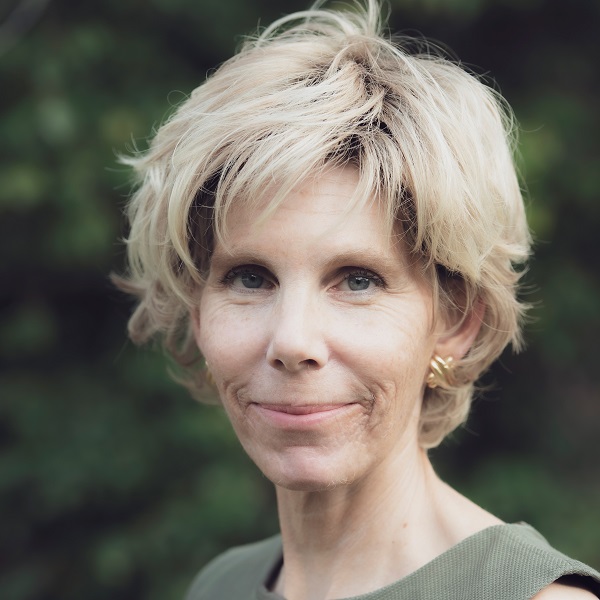
Suzanne D. Miller
Homeschool Liason and Educator
More
Suzanne D. Miller, a Wellesley alumna with a Ph.D. in Economics, believes knowledge lies in the connections among and across disciplines. With over two decades of experience in education, including as a homeschooling parent, she has blended her background in political science, writing, and economics to teach her community about the logical implications of structures and rules. Homeschool parents, homeschooling cooperatives, and larger homeschool groups can all reach out to learn which IMD resources can best be integrated into their curriculum as enrichment activities or stand-alone Unit Studies. Her commitment to including mathematical thinking in diverse settings stems from her belief that numeracy is essential for a vibrant and civil society. She previously wrote a column in The State newspaper, where she brought an economist’s point of view to local issues. In addition to her advocacy for numeracy, she operates EssayFaire, a college essay coaching firm.
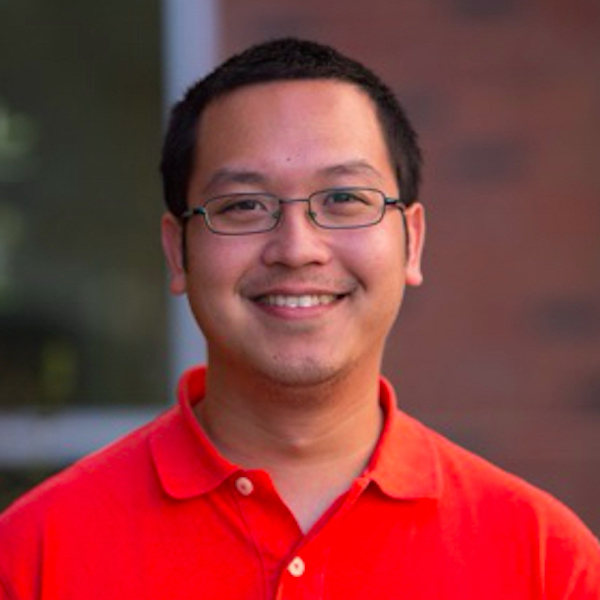
Myron Minn-Thu-Aye
University of Connecticut
More
Myron Minn-Thu-Aye is an Associate Professor in Residence at the University of Connecticut and a law student at Seton Hall University. He has developed a first-year honors seminar on mathematics and gerrymandering and an undergraduate topics course on voting, apportionment, and game theory. He is particularly interested in uses of and responses to mathematics and statistics in legal arguments.
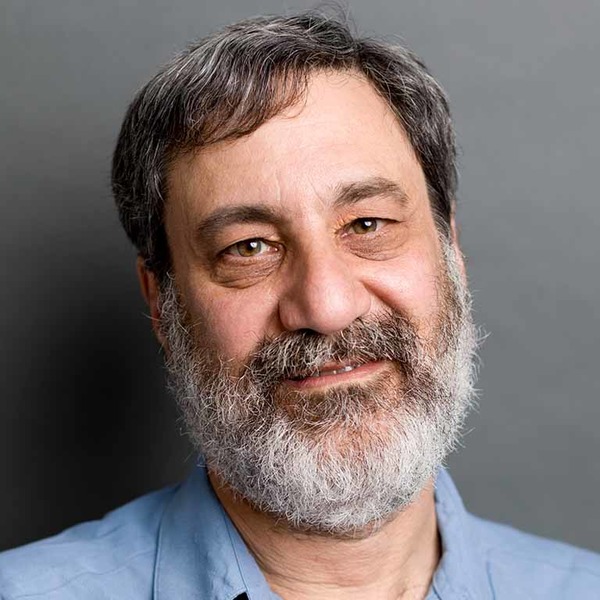
Indiana University
More
Larry Moss is Professor of Mathematics at Indiana University, and an Adjunct Professor in Computer Science, Linguistics, and Philosophy. His field is logic, especially applied areas of the subject. He co-taught the only (so far) joint Math/Political Science course at IU. He has served as Program Committee Chair of the conference called Theoretical Aspects of Rationality and Knowledge.
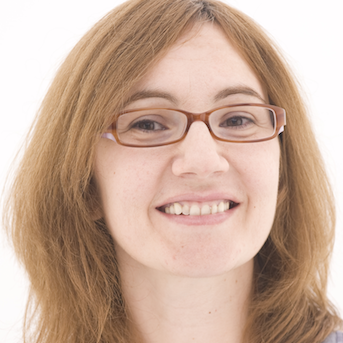
Eni Mustafaraj
Wellesley College
More
Eni Mustafaraj is an assistant professor of computer science at Wellesley College and a co-director of the new Data Science major. She uses data-driven techniques to study web-based socio-technical systems such as Google or Twitter, with the goal of understanding how humans and algorithms are affecting one another in increasingly complex ways. She founded the Wellesley Cred Lab that employs more than 15 student researchers yearly with support from an NSF CAREER award, and advises the Wellesley Data Collective
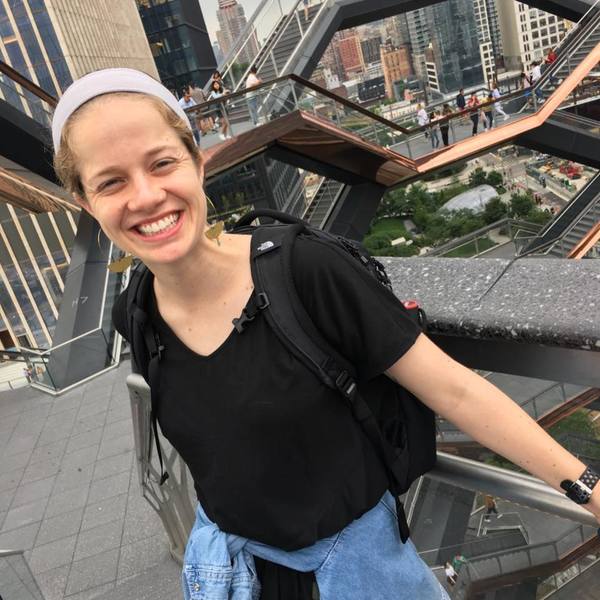
Sarah Nielsen
More
Sarah Nielsen (she/her) finished her sixth year of teaching middle school math in 2022. She taught 7th and 8th grade math in Sunnyvale, CA and prior to that, she taught 7th grade math and science in San Francisco. One of the highlights of her teaching career was teaching an Election Math unit in the fall of 2020. Before teaching, Sarah majored in math and education at Swarthmore College and then got her teaching credential through Stanford’s Teacher Education Program. She’s now working remotely for a math education company.
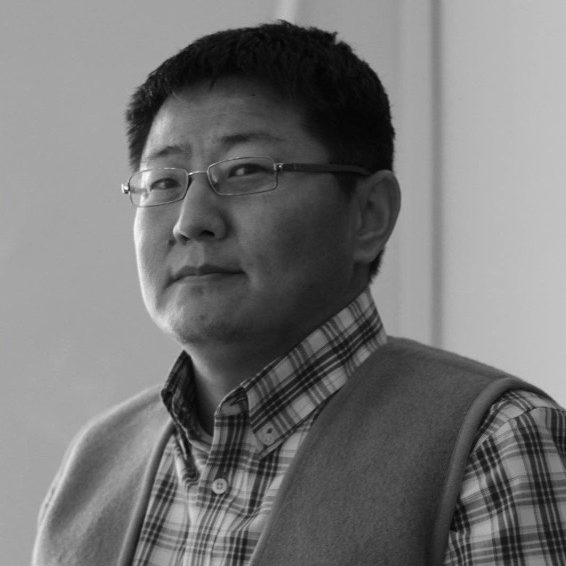
Uuganbaatar Ninjbat
National University of Mongolia
More
Uuganbaatar Ninjbat is an Associate Prof. at the economics department (with affiliation to the mathematics department) at the National University of Mongolia. His research interest is in mathematical economics (microeconomics, social choice). For the past ten years he lectured on probability theory, discrete mathematics, linear and integer programming, logic and computation, microeconomics, game theory and related topics. When he finds himself highly motivated he likes to think about the P=NP problem.
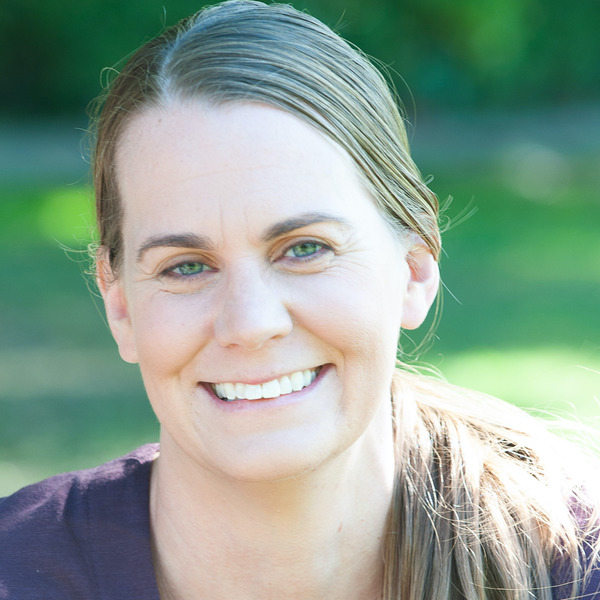
Bates College
More
Katharine Ott is an Associate Professor of Mathematics at Bates College. Her research is in the areas of harmonic analysis and partial differential equations. Katy has a deep interest in making mathematics accessible and exciting to a wide audience, which she approaches through public writing and outreach activities. She currently directs GirlsGetMath@ICERM, a week-long summer program aimed at high school women that focuses on mathematics and computation. The program is held annually at the Institute for Computational and Experimental Research in Mathematics and will soon expand to numerous satellite locations at colleges and universities across the United States.
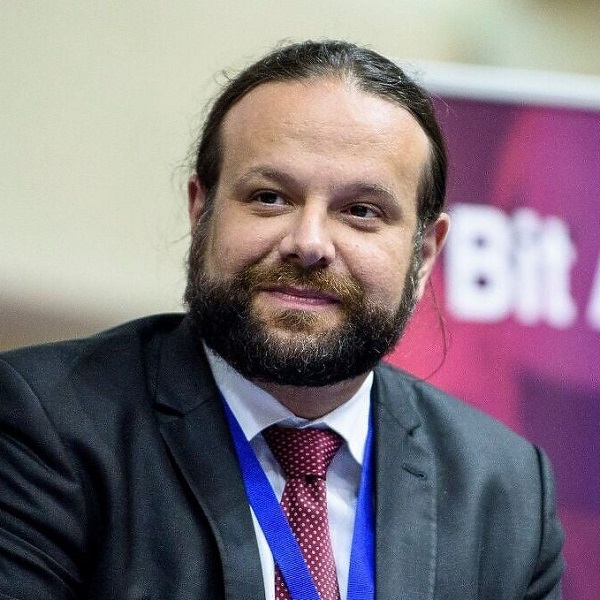
Vedad Pasic
University of Tuzla
More
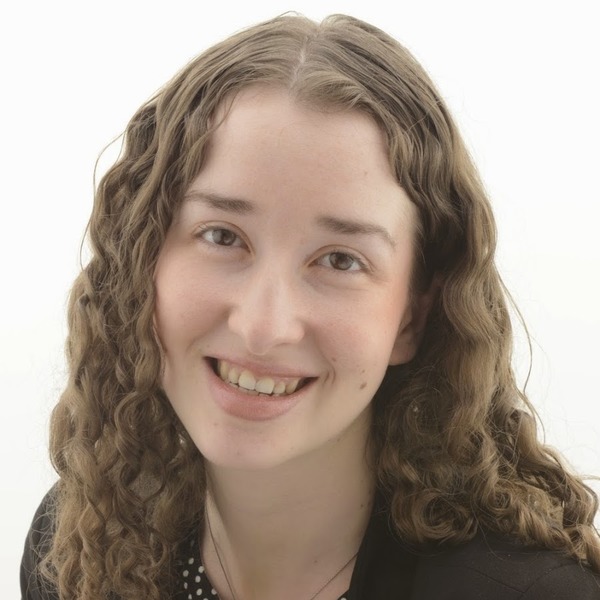
Cassandra Pattanayak
Wellesley College
More
Cassandra Pattanayak is a lecturer in quantitative reasoning and mathematics. Her research focuses on causal inference, with applications to education, law, and health. As the Director of the Quantitative Analysis Institute at Wellesley College, she hopes to expand the role of statistics in both research at teaching at Wellesley.
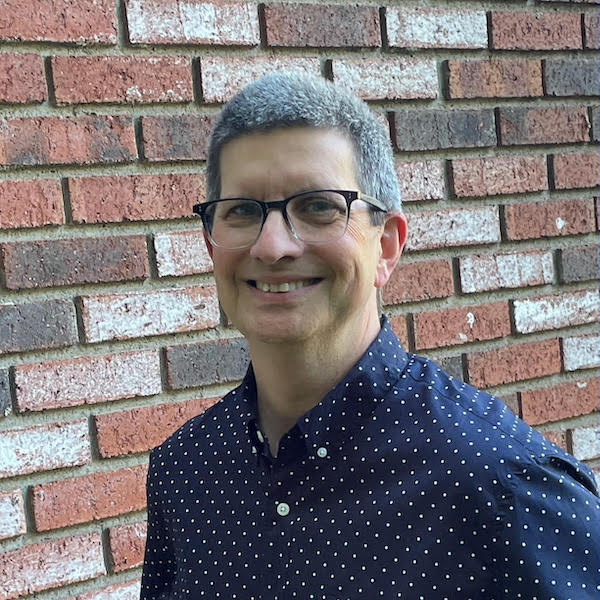
Tommy Ratliff
Wheaton College
More
Tommy Ratliff is a Professor of Mathematics at Wheaton College (MA). His main area of research is in voting theory, where he uses geometric models to understand the underlying structure of decision procedures. His recent work is in the mathematics of redistricting, and he has taught several iterations of a sophomore-level course in Voting Theory for math majors since 2003.
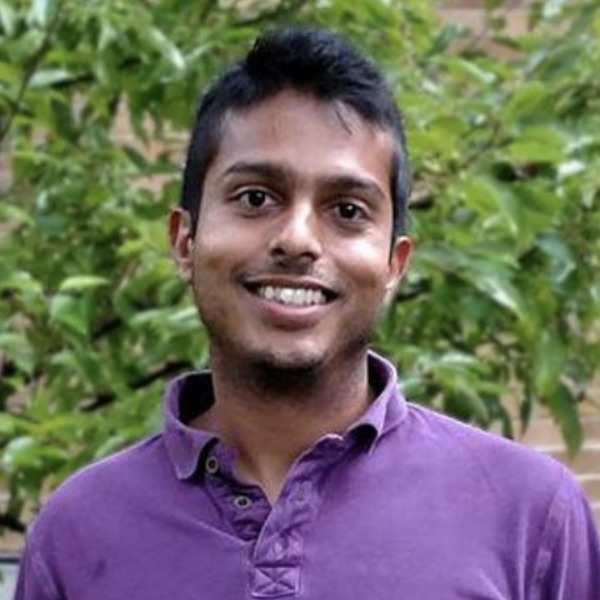
Saint Mary’s College
More
Ranjan Rohatgi is an associate professor of mathematics at Saint Mary’s College in Notre Dame, Indiana and his research areas include combinatorics and graph theory. He loves engaging students in mathematics and has developed and taught courses on the Mathematics of Voting with a political science professor. Ranjan is a recipient of the Donald R. and Nora Barry Fischer ’73 Faculty Award for Teaching Excellence. He was a member of the 2021 Indiana Citizens Redistricting Commission which advocates for fair maps and a transparent redistricting process.
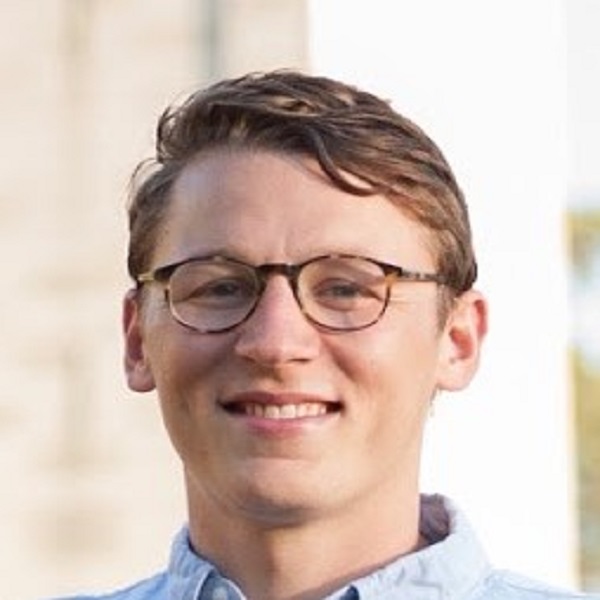
Joseph Root
University of Chicago
More
Joseph Root is an assistant professor in the Kenneth C. Griffin Department of Economics at the University of Chicago. He was previously a postdoctoral researcher at the California Institute of Technology. Joseph holds a PhD in economics and a master’s in mathematics from the University of California, Berkeley. His research is focused on social choice theory, market design, and mechanism design. Specifically, Joseph’s work attempts to apply social choice theory to a variety of important design settings including matching, allocation problems, and voting.
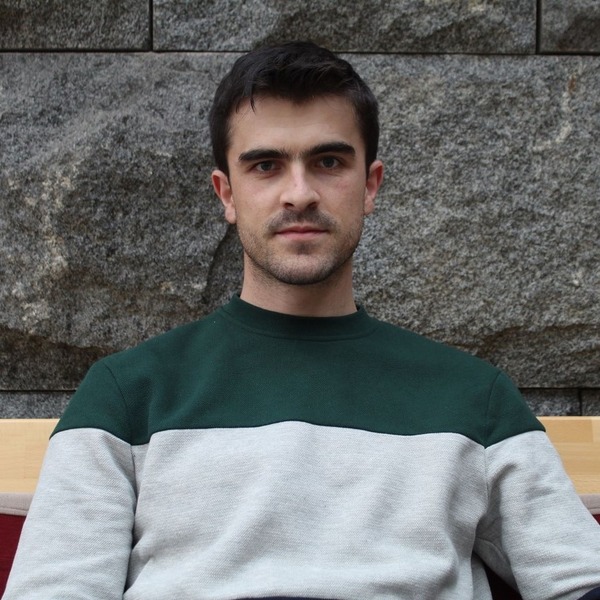
Franjo Šarčević
University of Sarajevo
More
Franjo Šarčević, Ph.D., is a senior teaching assistant at the Department of Mathematics and Natural Sciences of the University of Sarajevo. He is a co-founder and the editor-in-chief of the website Prometej.ba dedicated to social and cultural issues. He has written over 250 articles about politics, science popularisation, literature, and other topics for Prometej and for other websites.
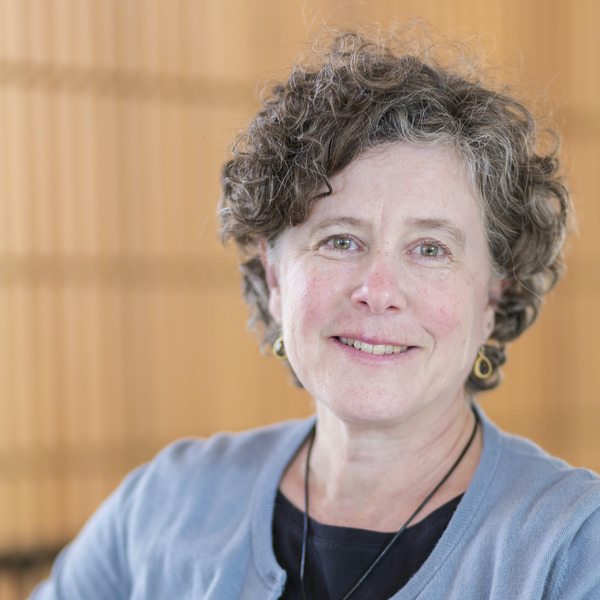
Karen Saxe
American Mathematical Society
More
Karen Saxe is Associate Executive Director of the American Mathematical Society and Director of their Office of Government Relations. She represents the 30,000 members of the AMS in science policy discussions at the federal level and connects the math community to decision-makers in Washington, DC. She is also Professor Emerita at Macalester College, where she taught for almost 30 years.
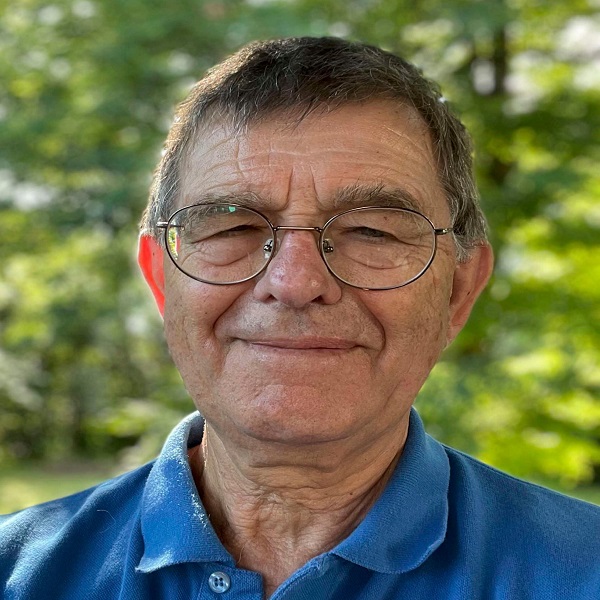
Paolo Serafini
University of Udine
More
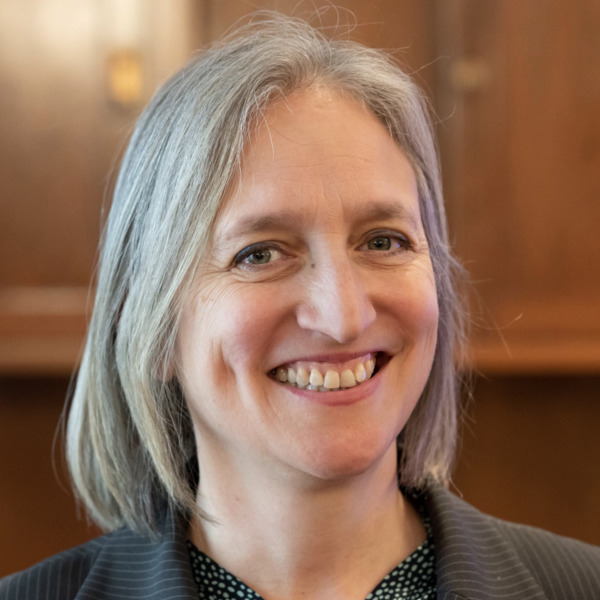
Stephanie Singer
Portland State University
More
Stephanie Singer is a data scientist and election security expert at the Hatfield School of Government, Portland State University. She introduced the “I Voted Today” sticker to Philadelphia, PA while serving on the Board of Elections there. She has published two books on the mathematics underlying theoretical physics.
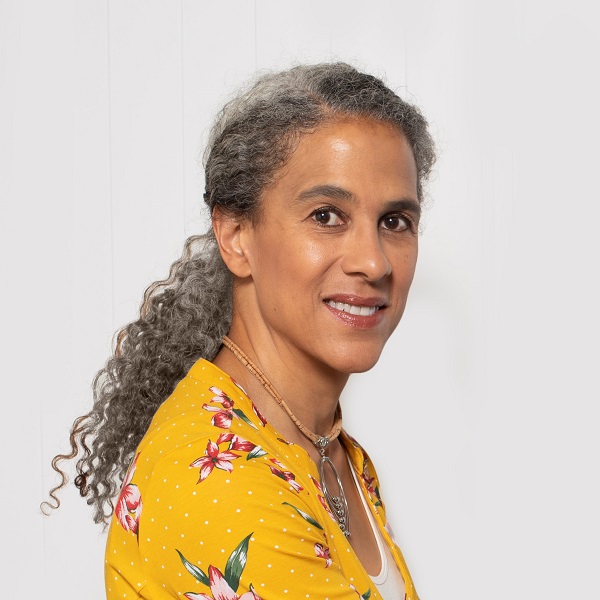
Stephanie Somersille
Somersille Math Education Services
More
Stephanie Somersille is the founder of Somersille Math Education Services, a boutique math consulting firm that inspires and coaches students of all ages to achieve levels of expertise beyond their own expectations. Somersille helps students ready for more challenges as well as students who need support with math concepts and anxiety. She helps teachers better serve students with different levels of preparation and confront issues of racial and gender equity. Somersille is passionate about applying mathematical analysis and algorithms to issues of social justice, fair representation, and public policy. She’s currently consulting on projects involving redistricting and preventing extreme partisan gerrymandering. Somersille holds a bachelor’s degree in economics from Yale University and a Ph.D. in mathematics from the University of California, Berkeley. Thesis topics: Partial differential equations, probability, and game theory. Somersille has held research/teaching positions at the University of Texas, Austin; Instituto Superior Tecnico, Portugal; and Dartmouth University.

Adam Graham-Squire
High Point University
More
Adam Graham-Squire, Ph.D., is an associate professor of mathematics at High Point University in High Point, North Carolina, where he has worked since 2011. His research interests include voting theory and gerrymandering. Most recently his voting theory work has focused on monotonicity anomalies in runoff elections, encompassing both theoretical research finding necessary and sufficient criteria for the presence of monotonicity anomalies, and empirical research calculating the prevalence of monotonicity anomalies in real-world instant-runoff and single transferable vote elections. Adam also teaches an inquiry-based honors Mathematics of Democracy class, in which students explore voting theory, gerrymandering, and apportionment.
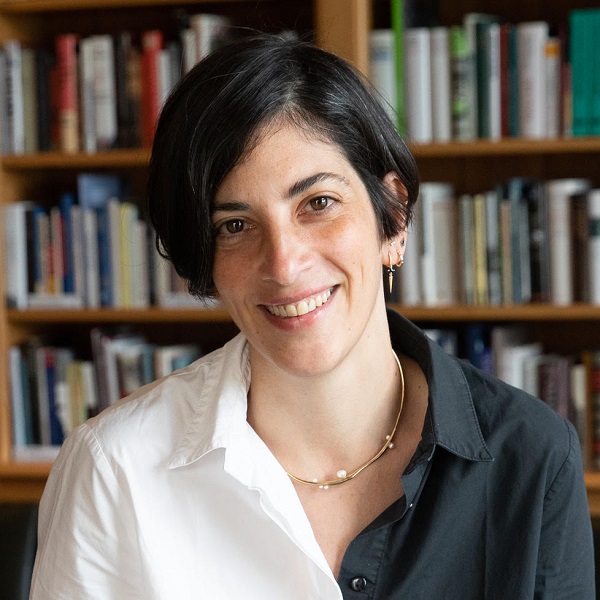
Alma Steingart
Columbia University
More
Alma Steingart, an assistant professor in the Department of History at Columbia University, researches the interplay between American politics and mathematical rationalities. Professor Steingart’s current project, Accountable Democracy, examines how mathematical thought and computing technologies have impacted electoral politics in the United States in the twentieth century. Before joining Columbia University, Steingart was a Junior Fellow of the Harvard Society of Fellows and a predoctoral fellow of the Max Planck Institute for the History of Science in Berlin. She earned her PhD in 2013 in the Program in History, Anthropology, and Science, Technology, and Society at the Massachusetts Institute of Technology (MIT).
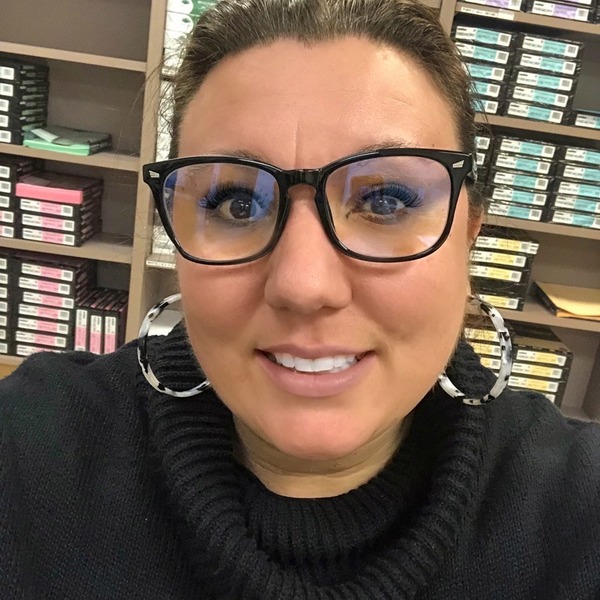
Fishers Junior High School
More
Alison Strole is in her 18th year of teaching junior high math in Fishers, Indiana. She teaches a math course as well as a junior high algebra class. Mrs. Strole’s passions are centered around helping students realize that math is relevant to their lives. She is passionate about helping students to see the math all around them. Mrs. Strole got her secondary teaching license in both history and mathematics at Indiana University and continues to work to find projects that will allow her students to dive deeper into both of these subjects. For several years she has had her students do a political parties presidential election campaign project and is excited to find ways to build off of that.
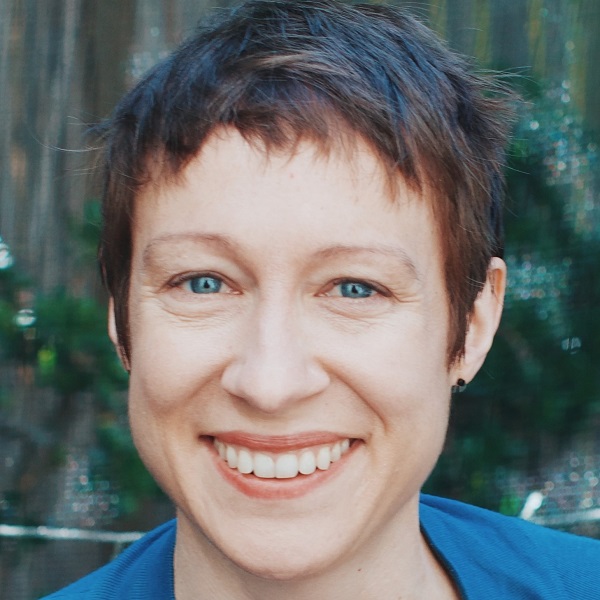
Dr. Ellen Veomett
University of San Francisco
More
Dr. Ellen Veomett is an Associate Professor of Computer Science at the University of San Francisco. Her research involves combinatorics, metric geometry, graph theory, and using mathematical and computational techniques to study the redistricting process and address gerrymandering. Her Jan term course “Math in our Democracy: Detecting and Preventing Gerrymandering” covers topics such as compactness metrics, metrics based on election outcome, the GEO metric, outlier analysis, and ecological inference.
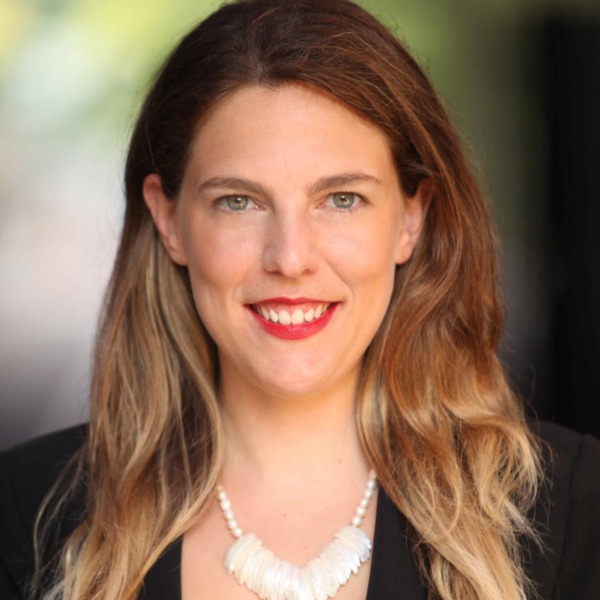
Soledad Villar
Johns Hopkins University
More
Soledad Villar is an Assistant Professor in the Department of Applied Mathematics and Statistics at Johns Hopkins University. Her research is in mathematical data science and optimization for machine learning. She is also interested in fairness, redistricting and gerrymandering. While a postdoc at New York University, Soledad co-organized the Math and Democracy Seminar at the NYU Center for Data Science.

Princeton University
More
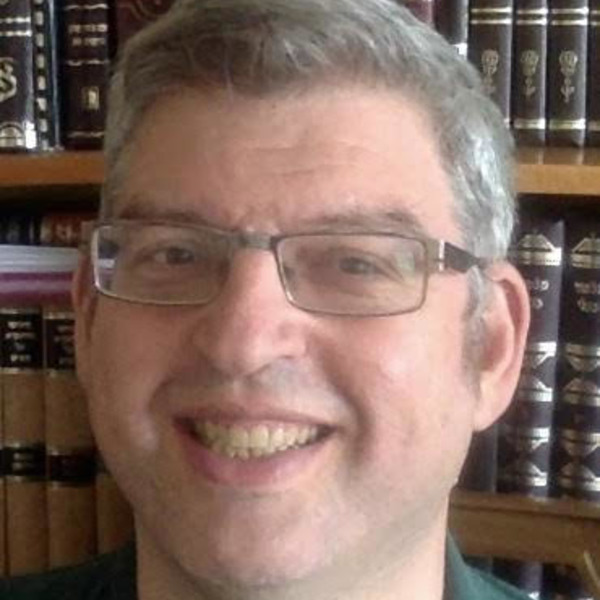
Shmuel Weinberger
University of Chicago
More
Shmuel Weinberger is the Andrew MacLeish Distinguished Service Professor of Mathematics at the University of Chicago, where he’s spent most of his career. He works on both pure and applied mathematical problems that have a geometric side, including topological data analysis and aggregation problems. In recent years, he’s focused on using topology in quantitative ways. He is a fellow of the American Mathematical Society and the American Association for the Advancement of Science.
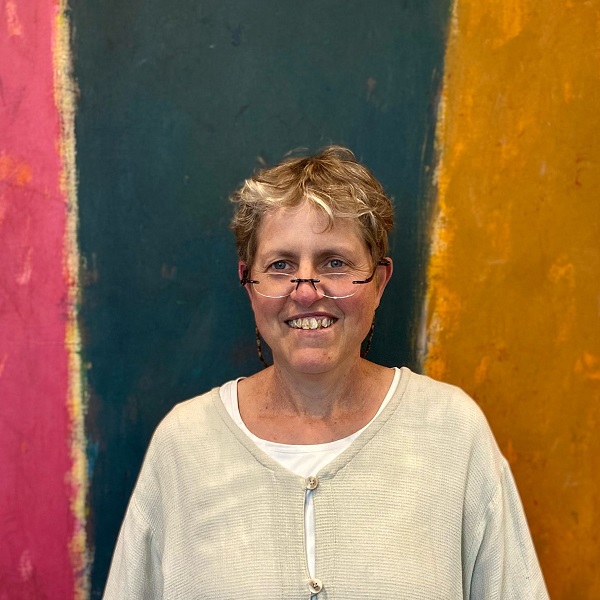
Jennifer Wilson
The New School
More
Jennifer Wilson is an Associate Professor of Mathematics at The New School. Her research interests include voting and social choice theory, systems of political representation, resource allocation and cooperative game theory. She has also developed courses in Gerrymandering and Fair Representation, and Fair Division and Politics.

Mark C. Wilson
University of Massachusetts at Amherst
More
Mark C. Wilson is Visiting Associate Professor in Mathematics & Statistics at UMass Amherst, with an adjunct position in Computer Science. His interests in this area revolve around social choice theory (voting and resource allocation algorithms), electoral systems, and diffusion of beliefs/preferences/actions in social networks. He has a strong interest in improving group decision-making in all situations, from small groups to national-level elections, and experience in consulting and submissions to government.
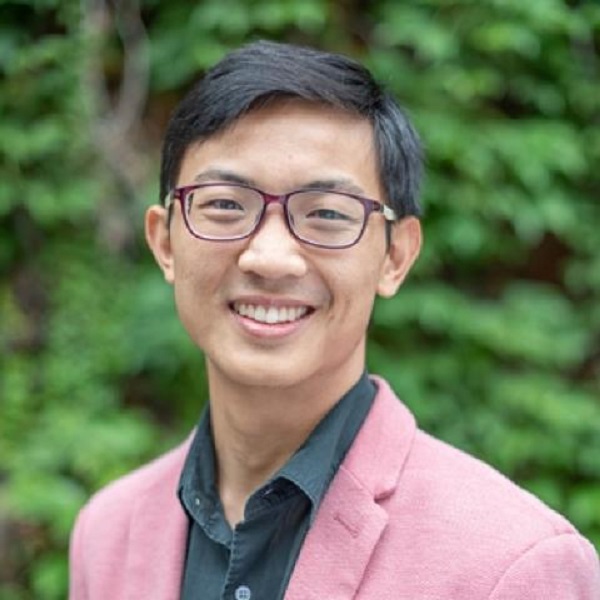
Tian An Wong
University of Michigan-Dearborn
More
Tian An Wong is an Assistant Professor at the Department of Mathematics and Statistics at the University of Michigan-Dearborn. Their main research interest is in number theory and representation theory, and more recently in the mathematics of policing from a critical perspective and using mixed-methods approaches.
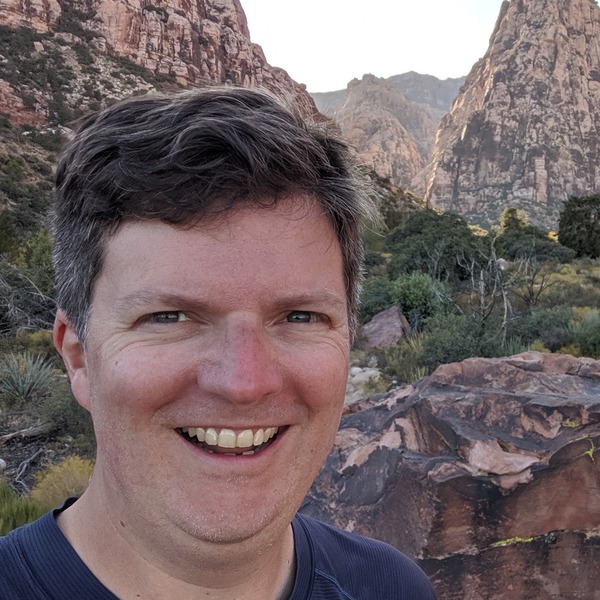
Kevin Woods
Oberlin College
More
Kevin Woods is a Professor of Mathematics at Oberlin College. While his research is primarily in Discrete Geometry and Combinatorics, he has always been fascinated by the intersection of mathematics, politics, economics, and computer science. He developed and teaches an upper-level course called the Mathematics of Social Choice, which covers topics such as voting systems, auctions, matching markets, and fair division.
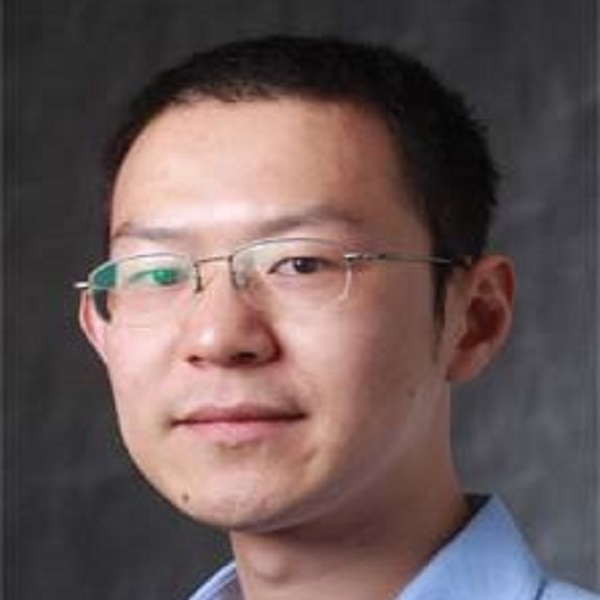
Lirong Xia
Rensselaer Polytechnic Institute
More
Lirong Xia is an associate professor in the Department of Computer Science at Rensselaer Polytechnic Institute (RPI). Prior to joining RPI in 2013, he was a CRCS fellow and NSF CI Fellow at the Center for Research on Computation and Society at Harvard University. He received his Ph.D. in Computer Science and M.A. in Economics from Duke University. His research focuses on the intersection of computer science and microeconomics.

William S Zwicker
Union College and Murat Sertel Center for Advanced Economic Studies
More
William S Zwicker is the William D Williams Professor of Mathematics (Emeritus) at Union College and is a member of the Murat Sertel Center for Advanced Economic Studies at Istanbul Bilgi University. His 1976 Ph.D. is from MIT, in logic and set theory. His principal research interests are in social choice theory, cooperative game theory, and fair division. He is co-author, with Alan D. Taylor, of Simple Games (Princeton U Press, 1999), wrote the Introduction to the Theory of Voting chapter in the Handbook of Computational Social Choice (Cambridge U Press, 2016), and invented the Hypergame Paradox . . . have you heard of it?


